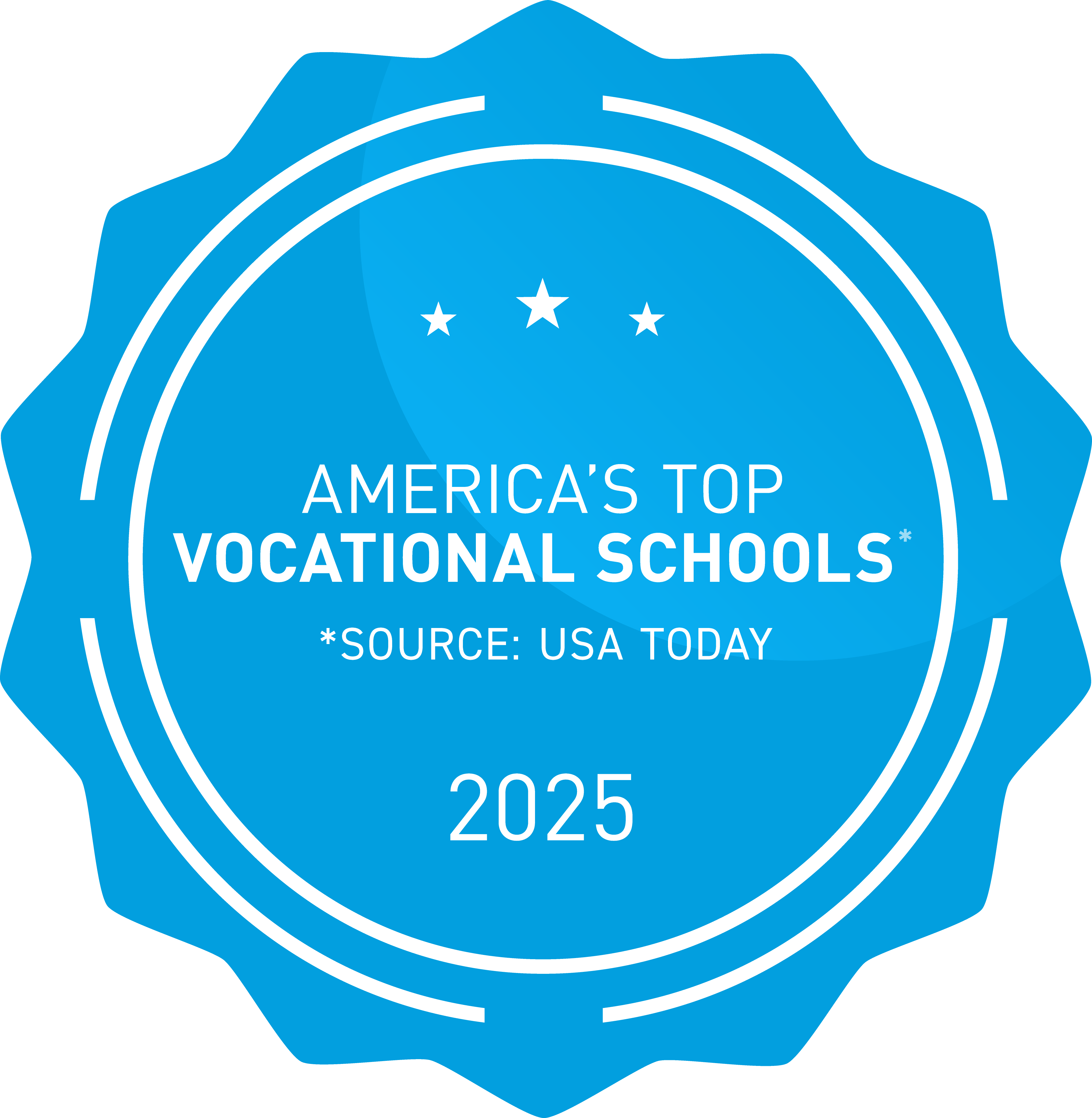HVAC/R (heating, ventilation, air conditioning, and refrigeration) technicians play a vital role in maintaining the comforts of modern life many of us take for granted. With a foundation of training from a good HVAC school, becoming an HVAC/R technician can be a rewarding and fulfilling career. Let’s look at the career paths and job prospects in the HVAC and refrigeration industry and how you can start your career in the field.
Different Types of HVAC Jobs
Depending on your training, experience, and interests, starting a career as an HVAC/R technician can lead to a wide variety of different occupations. Here’s a far-from-exhaustive list:
- Solar Technician
- HVAC Sales
- Wind Turbine Engineer
- Energy Auditor
- Systems Engineer
- HVAC Engineer
- Indoor Air Quality Inspector
- HVAC Auto Technician
- Refrigeration Technician
- Service Manager
- HVAC Design Engineer
Is HVAC a Good Career Choice?
There’s always a need for more HVAC technicians, especially as people’s dependence on heating, cooling, conditioning, and refrigeration units grow HVAC jobs are in high demand not just for residential HVAC systems but also for climate-controlled storage facilities, restaurants, and grocery stores.
The diversity of job opportunities in the HVAC industry makes it an attractive and rewarding career, regardless of the state of the economy.
How to Get HVAC Jobs
If entering the HVAC and refrigeration industry appeals to you, here’s what you need to know about how to get started in this in-demand field.
Prior Education Requirements
To start your training in HVAC and refrigeration, you’ll typically need a high school diploma or GED.
Training
HVAC/R technicians work with complex and specialized equipment, and that means that to become one, you’ll need specialized training from an institution like ETI School of Skilled Trades. In ETI’s HVAC/R program, you’ll be trained in a 15,000 square foot lab by expert instructors. You’ll be required to perform basic tasks first, such as maintaining and cleaning systems, before moving to more complex tasks, such as welding/brazing refrigerant piping, major component replacements, and troubleshooting electrical circuits.
The HVAC/R program at ETI can be completed in as little as 7 months.
Licenses, Certification and Registrations
The Environmental Protection Agency requires certifications for all techs who handle, buy, or work with refrigerants. The ETI HVAC/R program offers the necessary training and expertise to prepare students for getting their EPA Section 608 Universal and R-410A certifications.
Train For an HVAC Career in Chicago with ETI
ETI School of Skilled Trades offers a top-quality training program for students who want to start a career in the HVAC and refrigeration industry, featuring industry standard equipment and experienced instructors. After you graduate, you’ll get the benefit of ETI’s career placement services and our long relationship with local employers.
Start your journey toward a rewarding HVAC/R career by applying today.
 (888) 830-7678
(888) 830-7678


